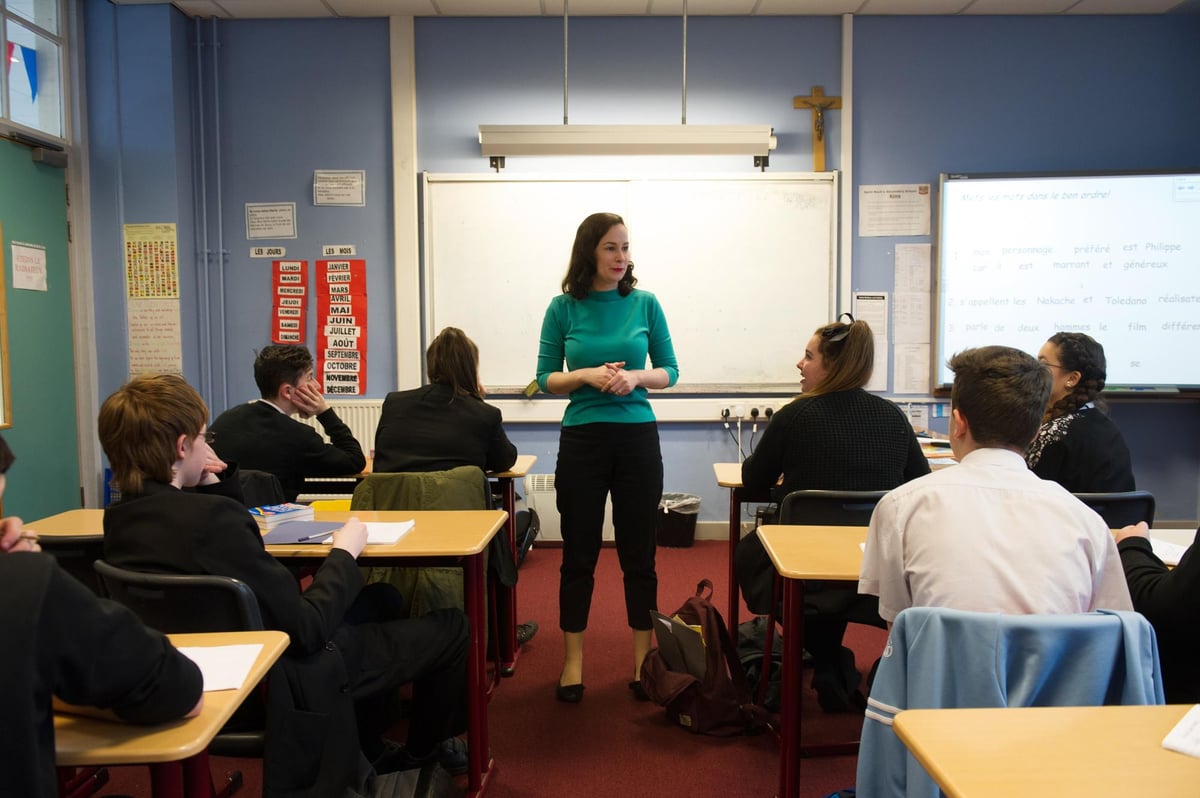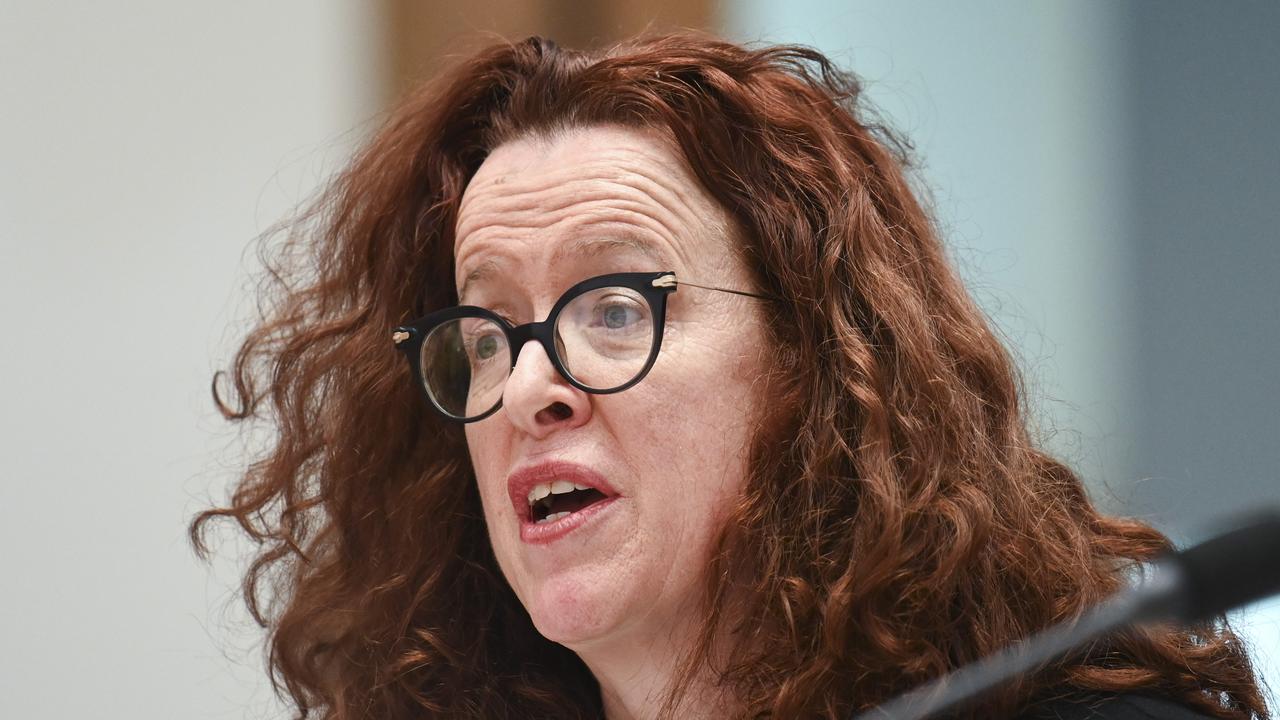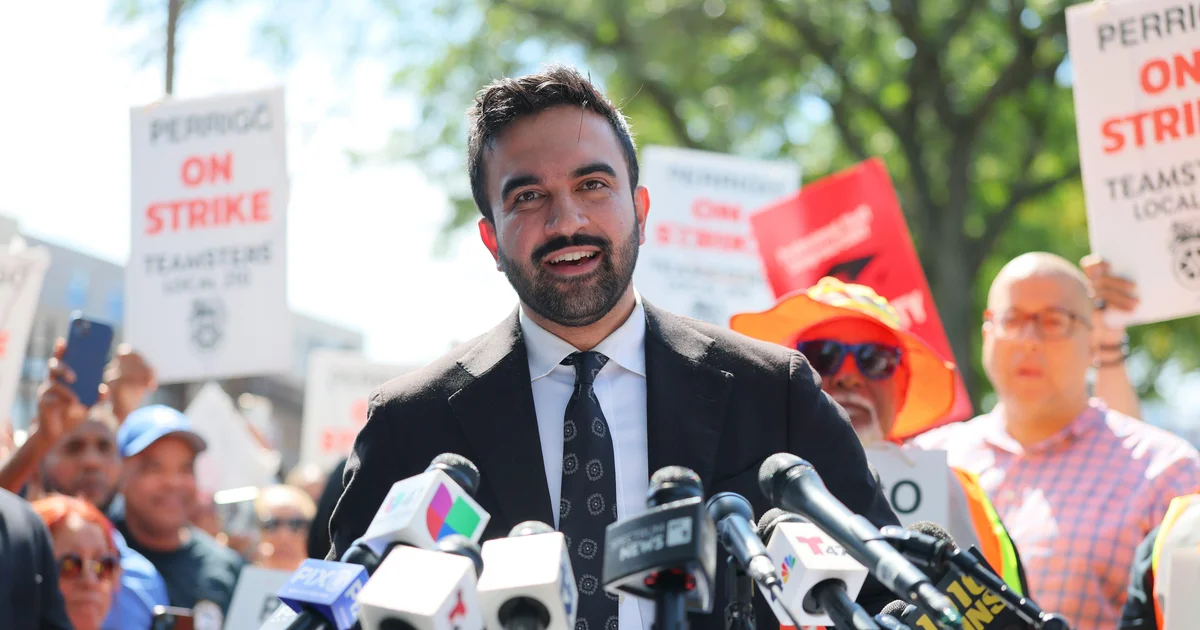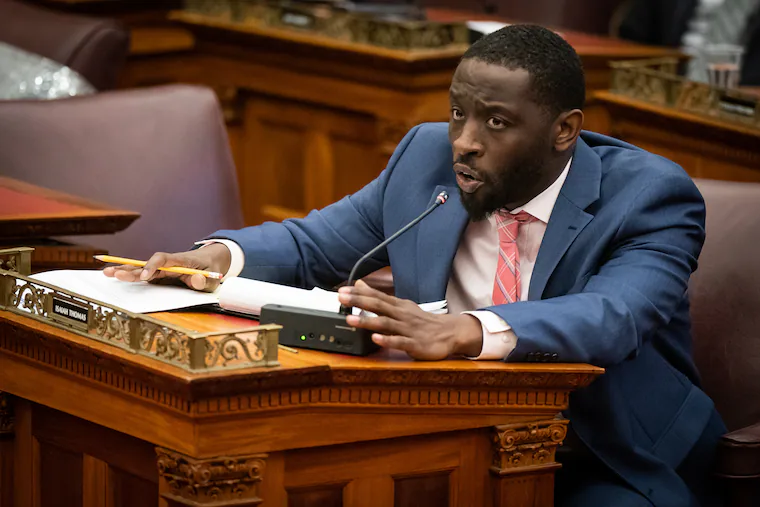Teachers should be allowed to suspend and exclude badly behaved pupils at Scottish schools – education experts
By Rachel Amery
Copyright scotsman

Teachers should be allowed to suspend and exclude badly behaved pupils as “an unthinking sense of entitlement” has swept through schools, leading education experts have recommended. A new report by the Commission on School Reform said the Scottish Government needed to issue new guidance that allows teachers to sanction the most badly behaved pupils to “create order in schools”. The report also said the “serious and growing behavioural problem” in Scottish schools was “adversely” affecting all pupils’ ability to learn and was contributing to Scotland’s decline in international education standards. The plea to give teachers greater confidence to expel pupils has been made amid growing concerns over disruption and violence in Scotland’s schools. The coronavirus pandemic had negatively impacted on parents’ and pupils’ attitudes to education, according to the report. In turn, experts behind the commission said behavioural problems in schools were creating stress for teachers, which is making it harder to recruit and retain staff. Get daily political analysis – subscribe for free to The Steamie Earlier this year teachers at Kirkintilloch High School in East Dunbartonshire took industrial action, claiming they had been “blamed and gaslit” by management for the poor behaviour of pupils. Data released in February showed there were 194 recorded crime cases involving Police Scotland where an offensive weapon was “used” in schools in the past three years – a 76 per cent rise on the three years immediately before the Covid-19 pandemic. The Scottish Government is now being told it must update its guidance on disciplining children in schools to make sure it recognises the need for serious sanctions, including suspension and exclusion, where pupils can be removed from school entirely and placed in another. The Commission on School Reform was set up by think-tank Enlighten. Carole Ford, a former head teacher and one of the members of the commission, said: “There has clearly been a loss of respect for education in some families. “Support for teachers is not as strong as in the past, and there is a greater tendency for parents to side with their children against the authority of the school. “The periods of lockdown in 2020 and 2021 accelerated these trends. The lack of any national post-Covid educational catch-up programme in Scotland seems to have confirmed some parents in the view that society no longer deems education to be as important as in the past. All this is having a negative impact on behaviour. “To make matters worse, current government guidance tends to imply that bad behaviour on the part of the pupils is the fault of the teacher or of some shortcoming in the organisation of the school. Such guidance is both counter-productive and inaccurate. “New national guidance should recognise the need for schools to be able to withdraw the right to attend from pupils guilty of persistent or extreme behavioural problems. In some cases, this would be ‘suspension’ for a short period, in others ‘exclusion’ – the permanent withdrawal of the right to attend at least the specific school in question.” The recommendation comes after Education Secretary Jenny Gilruth, herself a former teacher, issued guidance for schools back in June, which listed various examples of bad behaviour along with suggestions on what teachers and support staff should do about such cases. Among the consequences was asking the child to move to a different seat, giving the pupil an alternative activity from the rest of the class, asking the child to take a break from the class, and speaking to the child’s parents. For the most violent children, the guidance told teachers to consider giving the child a “laminated set of bullet points, for example to remind and support them to step away, seek help and follow an agreed and rehearsed process”. While the guidance issued in the summer said children could consider excluding the most badly behaved children, Ms Gilruth said this should only be used as a last resort. First Minister John Swinney then suggested excluding disruptive pupils from school risked pushing them into the hands of organised crime. At the time, the Educational Institute of Scotland warned the new guidance would have little impact on the day-to-day reality for teachers unless it was backed up with more government money. Earlier this month, the Scottish Conservatives criticised the guidance as “incoherent” and of providing “no new action” on tackling dwindling behaviour standards in schools. Opposition parties in Holyrood have since backed the recommendations made by the Commission for School Reform, saying teachers should be given the full support of government ministers and council leaders to exclude pupils. Miles Briggs, the Scottish Conservatives’ education spokesman, said: “This expert report confirms what teachers and parents already know – SNP ministers have lost control of our classrooms. “While violence and disruption rise, the SNP dithers with reviews and rhetoric. Schools need action, not more spin – and that starts with backing teachers to remove disruptive pupils.” Willie Rennie, the Scottish Lib Dems’ education spokesman, said: “The SNP has been very good at publishing very long, ineffective guidance, but are less good at delivering change to the behaviour in the classroom. “That is why teachers need to know they can suspend and exclude pupils with the full support of councils and the government. But those who are excluded or suspended need somewhere to go to get them back on track. Councils and the government need to ensure that provision is available.” Chris Deerin, director of Enlighten, said: “We know from the latest Pisa results that academic standards in Scottish schools are declining at a worrying rate. This latest paper from the Commission on School Reform highlights the association between these falling standards, poor attendance and poor behaviour. “The commission has, once again, fearlessly articulated what they have called ‘an unthinking sense of entitlement’, which has developed since the Covid school closures. “The Scottish Government should feel compelled to listen to this body of experts in order to, as they have written, restore order in schools.” A Scottish Government spokesperson said: “There is no place for violence or abuse in Scotland’s schools. We want all schools to be safe places for children and young people to learn, and for teachers and staff to work. “The Scottish Government is providing support and direction at a national level, including the recent publication on fostering positive, inclusive and safe school environments. “This guidance makes clear that schools have a range of consequences available to them, including exclusion as a last resort where this approach is proportionate and there is no appropriate alternative. “Local authorities are expected to consider how best to implement our national guidance to meet particular needs at a local level.”



